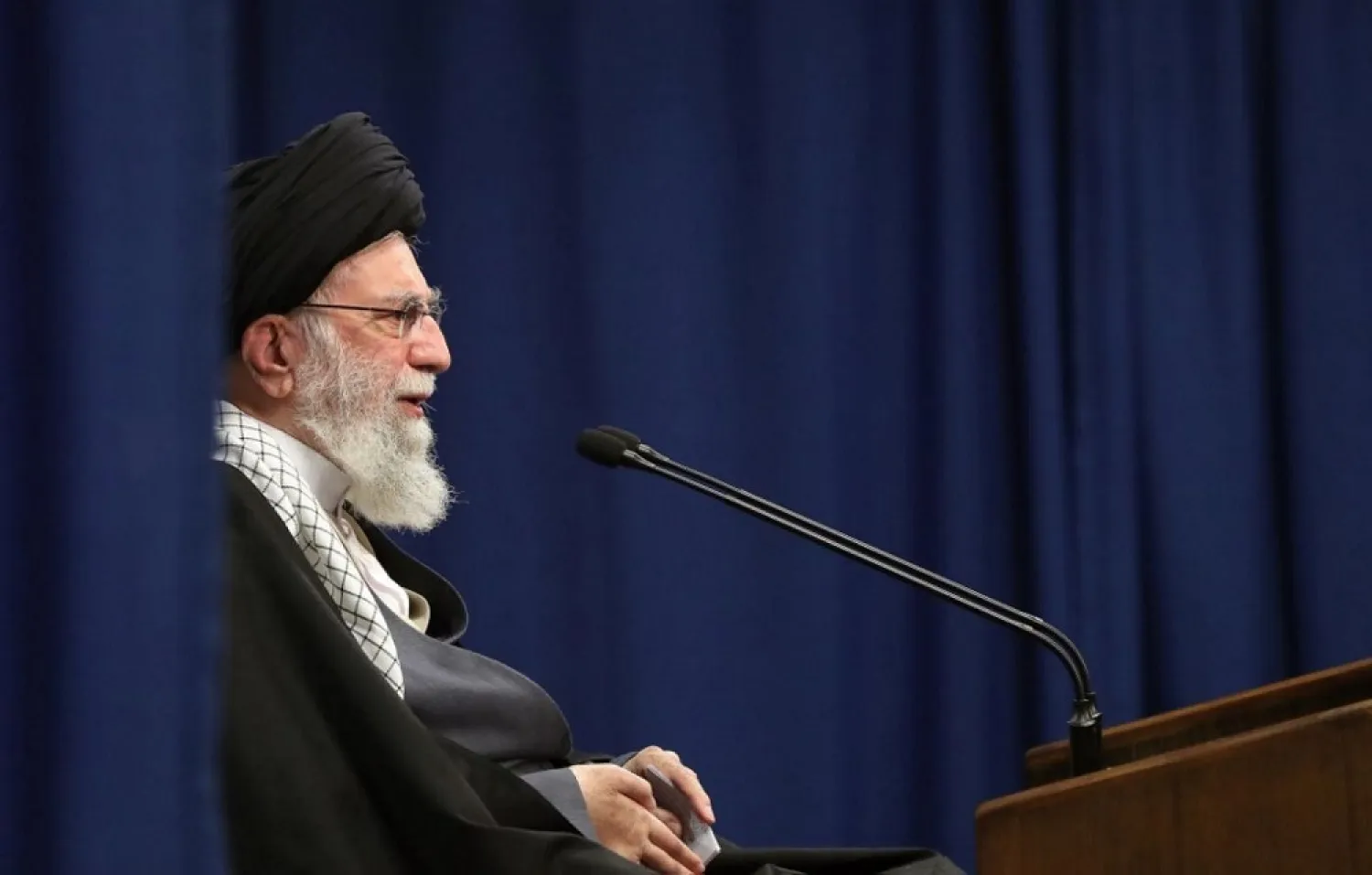Iran’s Supreme Leader Ali Khamenei has been under strict medical observation after having cancelling several meetings last week, reported the New York Times according to four people familiar with his health situation.
Khamenei, 83, had surgery sometime last week for bowel obstruction after suffering extreme stomach pains and high fever, one of the people said.
The four people, two of whom are based in Iran, including one who has close ties with the country’s Revolutionary Guards, requested anonymity for discussing a sensitive issue like Khamenei’s health.
Khamenei underwent the surgery at a clinic set up at his home and office complex and is being monitored around the clock by a team of doctors, the person familiar with the operation said.
His condition was considered critical last week but has improved, and he is currently resting, the person said. His doctors remain concerned that he is too weak to even sit up in bed.
The Tasnim news agency, affiliated with the Revolutionary Guards, posted a brief item on Friday saying that Khamenei would attend a religious ceremony with university students on Saturday. But it wasn’t clear if it would take place, given his health.
Khamenei traveled to the religious city of Mashhad about two weeks ago to perform a ritual known as dust cleaning at the Imam Reza shrine in Mashhad.
Khamenei told the people traveling with him that it might be his last time at the shrine, given his age, according to one of the four people, who was familiar with the details of his trip. He got sick soon after arriving back in Tehran, and his situation deteriorated over the past week, the person said.









